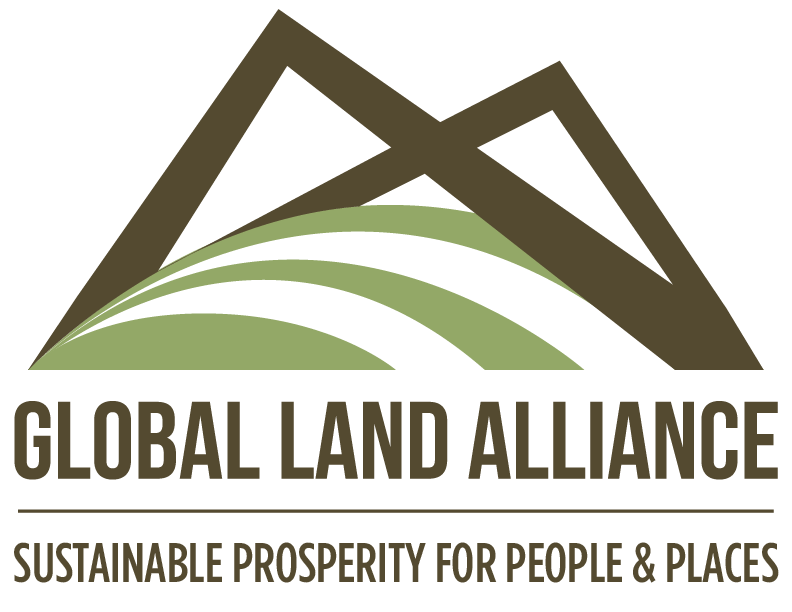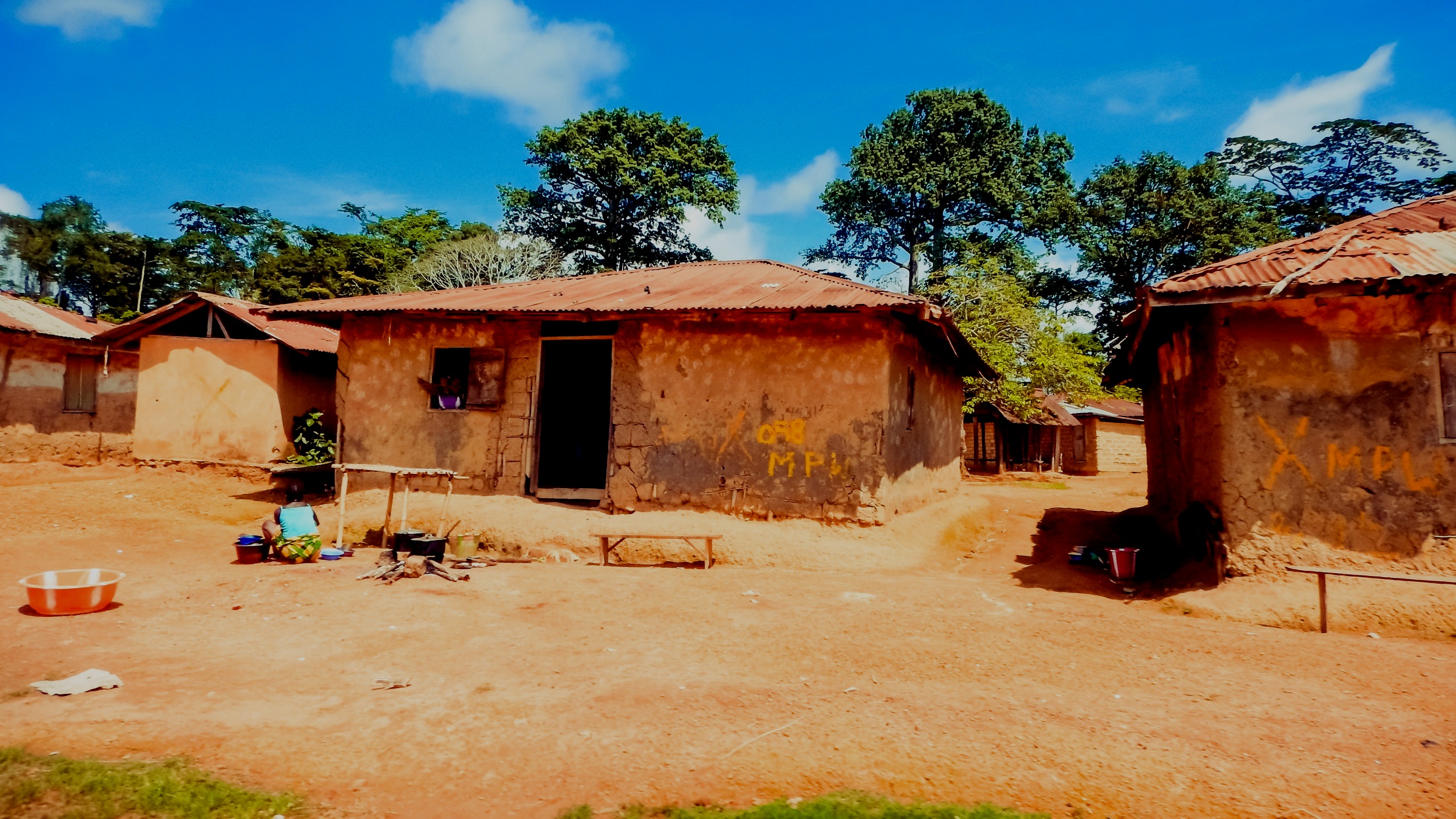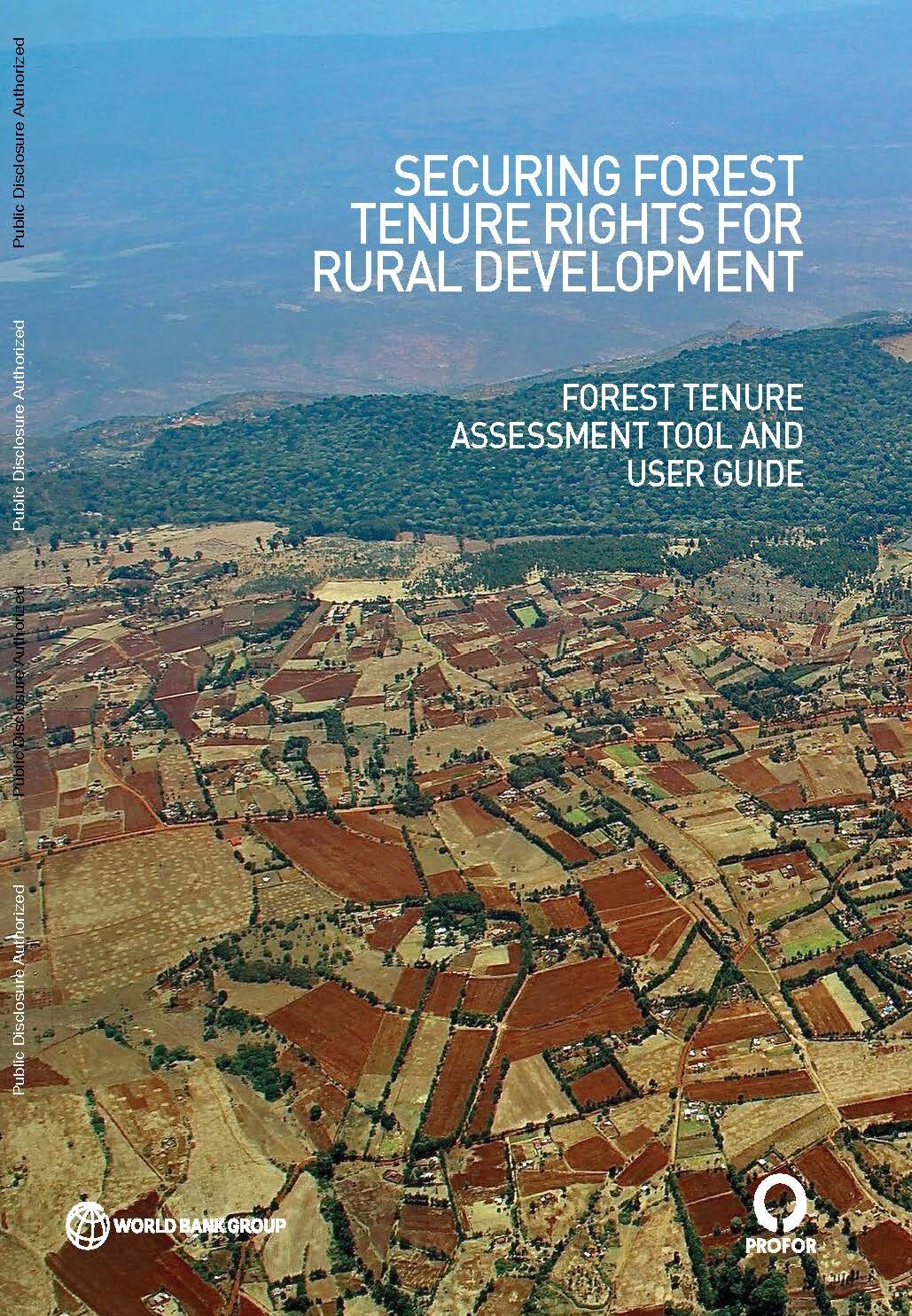This included slide-presentation depicts the research paper ,“Invisible And Excluded: Risks To Informal Wives And Partners From Land Tenure Formalization And Titling Campaigns In Latin America” published at the Conference of Latin American Geography (CLAG) 2023.
Read MoreThis summer, Global Land Alliance (GLA) spoke with Whitney Gravelle, president of the Bay Mills Indian Community in Michigan. We discussed with community leaders to better understand their voices, actions and leadership in the struggle against encroachment from Enbridge Energy Corporation. We also explored, how different levels of the US government handled treaty rights in their ceded and unceded territories, consulted or sought Free, Prior and Informed Consent (FPIC) processes, and how they see the Line 5 pipeline interacting with sovereignty over the land and waters their communities have long stewarded.
Read MoreThis summer, Global Land Alliance (GLA) spoke with Aurora Conley, Vice Chair of the Anishinaabe Environmental Protection Alliance and of the Bad River Band of Lake Superior Chippewa. We discussed with community leaders to better understand their voices, actions and leadership in the struggle against encroachment from Enbridge Energy Corporation. We also explored, how different levels of the US government handled treaty rights in their ceded and unceded territories, consulted or sought Free, Prior and Informed Consent (FPIC) processes, and how they see the Line 5 pipeline interacting with sovereignty over the land and waters their communities have long stewarded.
Read MoreThe full-scale war by the Russian Federation against Ukraine has already lasted for more than six months, and its toll is immense. Many thousands of civilians and tens of thousands of combatants have been killed. About 14 million Ukrainians have fled their homes and more than 1.2 million families have their homes damaged or destroyed. The losses to property include not only the physical destruction and damage of buildings and productive land plots, but also looting, forced evictions and contamination with explosives, as well as damage of critical infrastructure (water, electricity, heating supplies, roads, social service infrastructure).
Read MoreOur planet has warmed 1 degree Celsius since the nineteenth century. In 2018, the Intergovernmental Panel on Climate Change released a land- mark special report demonstrating how the climate has changed and the future impacts that could be avoided if continued global warming is limited to 1.5 degrees Celsius. To do so requires reaching ‘net zero’ carbon dioxide (CO2) emissions by 2050, which could only be accomplished by overhauling the global economy.
Read MoreLand tenure security is one driver of success in sustainable agriculture for food security. Here, we review the global rhetoric and evidence trends and map the evidence against both Sustainable Development Goal 2 and the World Food Program definition of Food Security. We recognize how conflict, impacts of climate change, and large-scale land-based investments interact over time with local land tenure, resulting in consequences for sustainable agriculture and food security.
Read MoreThis report presents the results of the perception of land tenure security—the Prindex survey—in 10 municipalities1 across Colombia which were selected for the implementation of the Land for Prosperity (LFP) Activity as some of the most vulnerable areas affected by the armed conflict.
Read MoreLatin American countries have pursued rural land titling and registration campaigns over the past several decades with a broad range of social and economic goals. These efforts represent a permanent or long-term legal recognition of rights to land as a primary economic asset for agricultural communities and a source of family subsistence, security, and social and cultural wellbeing. Land rights can provide multi-generational benefits to recipients.
Read MoreThe latest IPCC climate report mentions tenure security a whopping 58 times. This is a welcome shift in emphasis from the UN – strengthening land rights is a just and sustainable way to protect vulnerable landscapes in the climate fight, and one that works. By the report’s own estimate, time is almost up. As we push closer to the point of no return, the world needs to stop talking and start acting. Ramping up the recognition of land rights could help us preserve enough of the natural world to pull us back from the brink.
Read MoreIn Indonesia, the decentralization of land governance remains an important step in securing recognition of rights for communities and citizens. For many local government offices, funding and technical resources has been a barrier for completing village mapping activities, leaving knowledge gaps as to how vulnerable communities are to conflict, encroachment, and insecurity. The village boundary setting and resource mapping activity of the Central Lombok District Government seeks to address this gap. In 2020 Global Land Alliance and Cadasta Foundation, working with the Indonesian organization Yasan Puter, supported a rapid sample survey to assess perceptions of land tenure insecurity and land use in the Labulia
Read MoreThe convergence of the pandemic, climate shocks, and militarized borders presents a dire situation for human rights. Will the Biden administration prioritize support for vulnerable populations in securing land and resource rights and livelihoods to build social safety nets for crisis resiliency?
Read MoreThis Forest Tenure Assessment Tool (FTAT) and User Guide was produced by the World Bank’s Securing Forest Tenure for Rural Development program led by Gerardo Segura Warnholtz. The program has been implemented through a partnership with the Global Land Alliance. The tool has been prepared by Gerardo Segura Warnholtz, Malcolm Childress and Jenny Springer, with inputs from Naysa Ahuja, Nalin Kishor and Logan Sander.
Read MoreHow can we reconcile the hazards of social interaction in a COVID-19 world with the importance of community participation to the successful, and sustainable, implementation of on-going land projects? The COVID-19 pandemic has disrupted all aspects of life and ways of working. From large cities to remote communities, no one has been left untouched from the impact of the pandemic. With strict health standards in place, COVID-19 has significantly impeded the way land tenure projects are operating in the field.
Read MoreGrenville Barnes grew up and received his early education (BSc and MSc) in South Africa, where he became fascinated by the settlement patterns and distinct land tenure of traditional people in South Africa, mainly the amaXhosa and amaZulu. In spite of the pervasiveness of apartheid, these tenure systems were still clearly based on tradition. Barnes realized that to understand land tenure one had to learn about the fundamental culture and institutions of a community. While reading more generally, he came across the publications of the Land Tenure Center (LTC) at the University of Wisconsin in Madison. At that time the LTC was clearly at the forefront of scholarship on land tenure.
Read MorePrindex is the first ever measure of land and property rights that is comparable between countries and is truly global. The data demonstrates the sobering scale of insecurity in how people perceive their property rights. Prindex data and analysis opens key pathways for accountability, transparency, targeting, and, especially with global COVID-19 housing and economic crises, makes monitoring all the more important.
Read MoreIn August of 2019, the Inter-Governmental Panel on Climate Change published a seminal report on the nexus of land use for climate mitigation directed at policy makers globally. The report acts as a key scientific input into climate and environment negotiations. This poster published in the context of the 2020 World Bank Conference on Land an Poverty investigates how the international media and the land sector discourse-entrepreneurs portray indigenous voices, actions and knowledge within the context of the IPCC Land and Climate Special Report.
Read MoreThe Global Land Alliance’s Pubic Consultation Desk is developing a different approach to public consultation. The following is a poster presentation accepted to the 2020 World Bank Conference on Land and Poverty.
Read MoreIn the context of land rights recognition and formalization, women involved in informal unions are often effectively ‘invisible’ and as an unintended result, an informal wife stands a high chance of being systematically left-out of the benefits of formalization. This may be true even when the government legally recognizes the property rights of informal partners/spouses: the challenge in this case is that these marriage-like relationships are not formally registered or recorded, so proactive land formalization and titling processes often ‘miss’ informal spouses and provide recognition only to male heads of household.
Read MoreForests are a nexus of broadly held policy goals such as poverty reduction, economic growth, conservation and climate change. Most forests are governed, in practice, through community-based tenure systems. GLA is continuing its role with The World Bank’s Securing Forest Tenure Rights for Rural Development program as a technical advisor to pilot the Forest Tenure Assessment Tool (FTAT) in Zambia, the Democratic Republic of Congo and Myanmar.
Read More



















